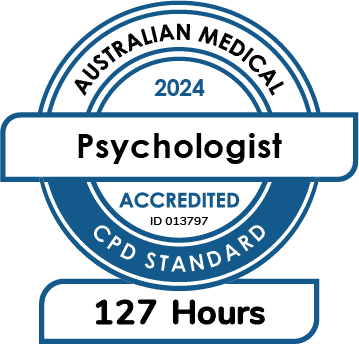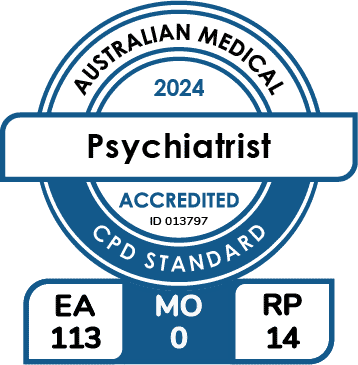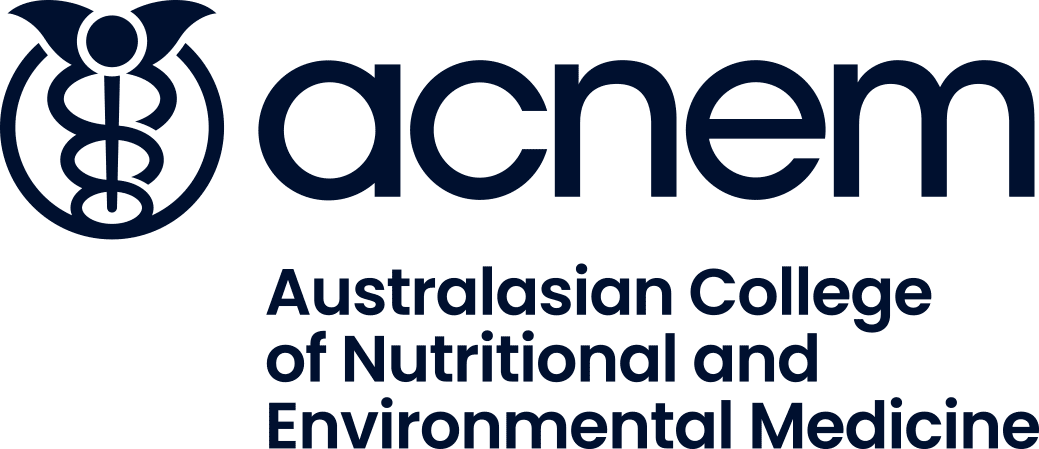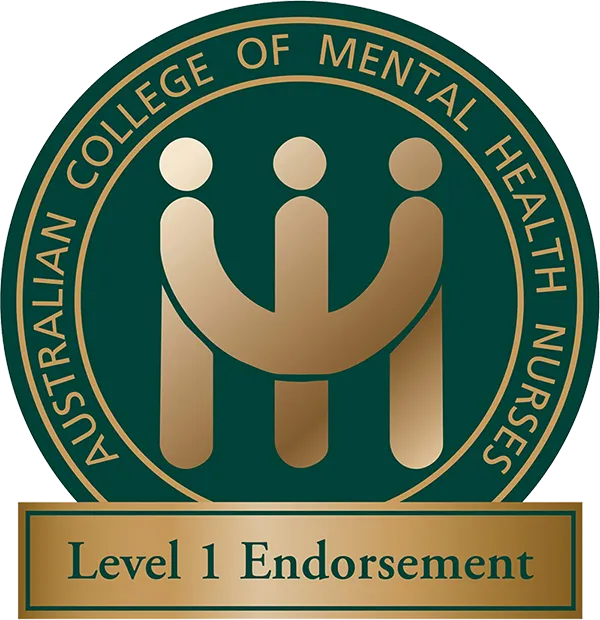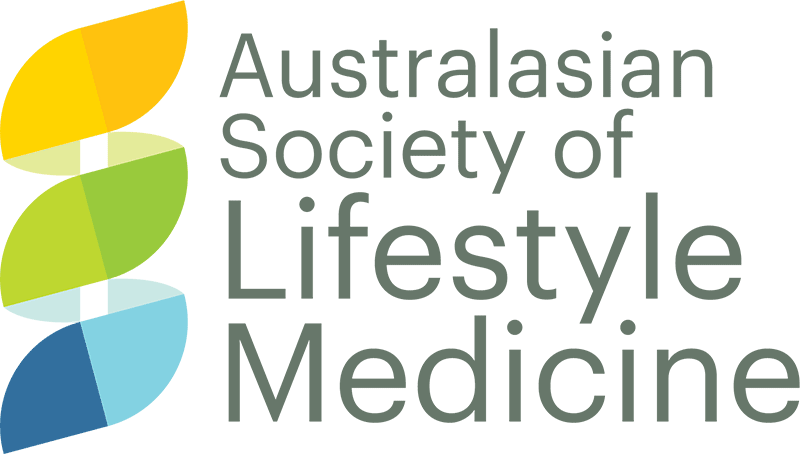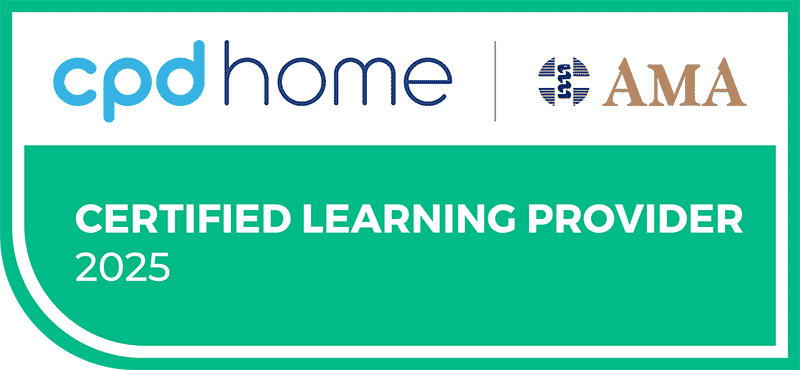The Faculty

Dr Gita Vaid MD is CPAT’s International Course Director.
Dr Gita Vaid is a Board Certified Psychiatrist and psychoanalyst practicing in New York City. Dr Vaid completed her residency training at NYU Medical Center and her psychoanalytic training at the Institute for Psychoanalytic Education affiliated with NYU. Her early biological and research background includes a completed fellowship in clinical psychopharmacology and neurophysiology at New York Medical College and a research fellowship at NYU Medical Center.
Dr Vaid is currently on faculty and teaches at both IPE and the NYU department of Psychiatry. She has a special interest in teaching interview technique, psychoanalytic theory and British object relations.
Dr Vaid’s current focus and expertise are in psychedelic-assisted psychotherapy. She is a MAPS trained psychedelic therapist and was part of the NY site Phase 3 MDMA psychotherapy study for PTSD.
Dr Vaid is a leader in ketamine assisted psychotherapy which she practices and teaches in New York City. She serves as a lead instructor at The Ketamine Training Center with psychedelic psychotherapy pioneer, Dr. Phil Wolfson. She is a co-founder of the Center for Natural Intelligence, a multidisciplinary laboratory dedicated to psychedelic psychotherapy innovation and research. She serves as the Director of Psychedelic Awareness and Consciousness research at The Chopra Foundation and with Dr. Deepak Chopra is currently developing protocols integrating meditation with ketamine assisted psychotherapy.
Current publications include:
Vaid G, Walker B. “Psychedelic Psychotherapy: Building Wholeness Through Connection”. Glob Adv Health Med. 2022 Feb 23;11
Gita Vaid, MD, “Psychoanalysis and Psychedelic Psychotherapy : A New Modern Synthesis?” The Wounds of Our Mother Psychoanalysis – New Models for a Psychoanalysis in Crisis.
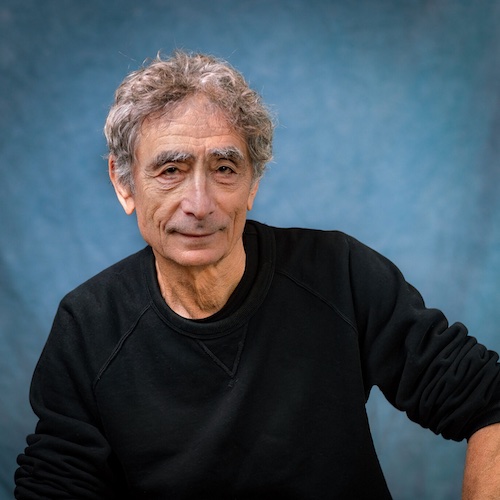
Dr Gabor Maté CM (Canada)
BA, MD, Doctor of Laws (honoris causa)
Gabor Maté (pronounced GAH-bor MAH-tay) is a retired physician who, after 20 years of family practice and palliative care experience, worked for over a decade in Vancouver’s Downtown East Side with patients challenged by drug addiction and mental illness. The bestselling author of five books published in nearly 40 languages, including the award-winning In the Realm of Hungry Ghosts: Close Encounters With Addiction, Gabor is an internationally renowned speaker highly sought after for his expertise on addiction, trauma, childhood development, and the relationship of stress and illness. For his ground-breaking medical work and writing he has been awarded the Order of Canada, his country’s highest civilian distinction, and the Civic Merit Award from his hometown, Vancouver. His most recent book, The Myth of Normal: Trauma, Illness and Healing in a Toxic Culture is a New York Times and international bestseller.
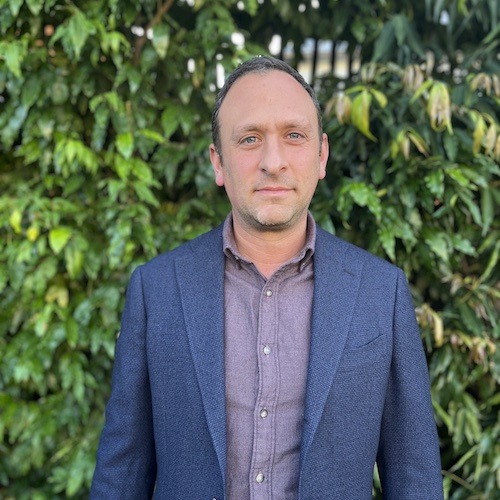
Dr. Eli Kotler has been on the forefront of psychedelic-assisted therapy (PAT) both in Australia and internationally, currently working at The Journey Clinic. He is the Australian Director of the Certificate of Psychedelic-Assisted Therapy (CPAT), run by Mind Medicine Australia. In 2021 he challenged the Victorian government in court to allow a patient to access PAT, and was the first psychiatrist in Australia to treat a patient with PAT.
Dr. Kotler is also an experienced psychodynamic therapist. He was the Medical Director of Malvern Private Hospital for many years, a trauma and addiction hospital in Melbourne. He has been invited as a keynote speaker on PAT, trauma and addiction, both internationally and nationally, for leading organisations such as the RANZCP and the IPA. Eli has also been an advisor for the Australian government for reviewing addiction guidelines, and has had extensive research experience in novel neuropsychiatric therapies.
Dr. Kotler has been involved with medical student teaching, psychiatric registrar training, and teaching other psychiatrists about PAT and trauma. He is a preferred provider for the AFL players association, has been an expert witness in over 100 historical abuse legal cases, and served on the Victorian Medical Panels for several years.
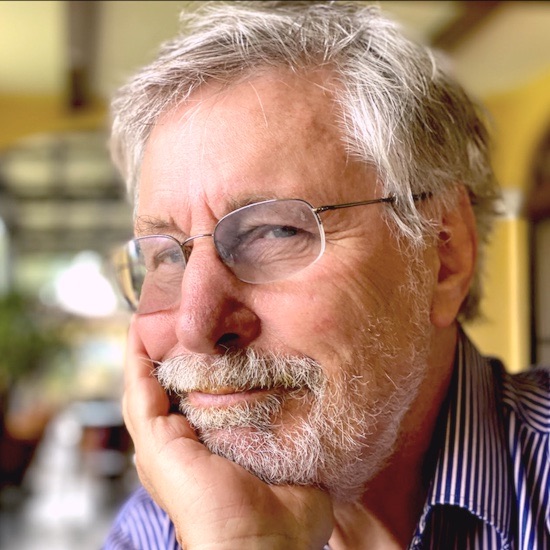
Dr Bessel van der Kolk MD, Professor of Psychiatry, Boston University School of Medicine and President, Trauma Research Foundation, has spent his career studying how children and adults adapt to traumatic experiences, and have tried to translate emerging findings from pharmacology, neuroscience and attachment research to develop and study potentially effective treatments for traumatic stress in children and adults.
In 1984, Dr van der Kolk set up one of the first clinical/research centers in the US dedicated to study and treatment of traumatic stress in civilian populations, which has trained numerous researchers and clinicians specializing in the study and treatment of traumatic stress, and which has been continually funded to research the impact of traumatic stress and effective treatment interventions. He conducted the first studies on the effects of SSRIs on PTSD; he was a member of the first neuroimaging team to investigate how trauma changes brain processes, and he did the first research linking BPD and deliberate self-injury to trauma and neglect in early childhood.
Currently, Dr van der Kolk is Principal Investigator of the Boston arm of the MAPS 1 and 2 studies on the effects of MDMA on people with chronic PTSD. His seminal book The Body keeps the Score , has been on the New York Times best seller list for over 230 weeks, and has been translated into 42 different languages.
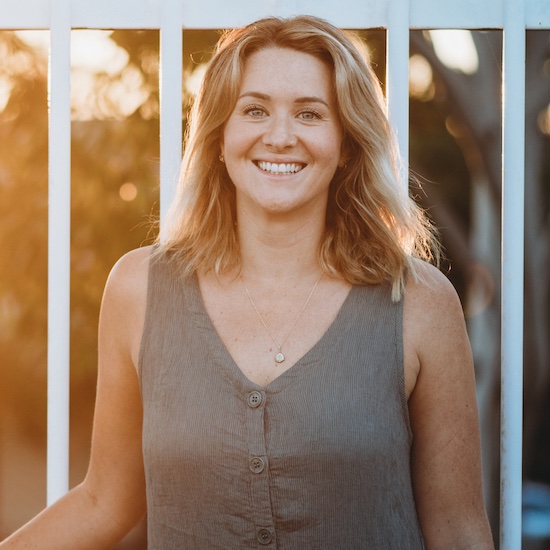
Dr Lauren Macdonald is one of CPAT’s Residential Facilitators.
She is a psychiatry doctor, psychedelic therapy guide and group facilitator. For the last few years she has been a clinical trial doctor at The Centre for Psychedelic Research (Imperial College London) investigating psilocybin-assisted therapy for anorexia-nervosa, chronic pain, and treatment-resistant depression.
Alongside her clinical roles Lauren regularly facilitates psilocybin retreats in The Netherlands, and is co-founder of Essence Medicine, an organisation providing psycho-spiritual group support to people facing life threatening illness. Lauren is also passionate about educating future psychedelic facilitators and delivers integrative, experiential and heart-centred training for Mind Medicine (Australia) and PsyEdu (UK).
Lauren has trained in medicine, psychology, MDMA-assisted therapy, and yoga, and continues to be a student of earth-based, indigenous wisdom traditions. She is driven to help people come home to themselves, unfold more of who they truly are, and deepen into the beauty and mystery of life.

Rabbi Tirzah Firestone, Ph.D., is an author, Jungian psychotherapist, a leader in the international Jewish Renewal Movement, and a renowned Jewish scholar and teacher. Widely known for her groundbreaking work on Kabbalah, depth psychology, and the re-integration of the feminine wisdom tradition within Judaism, Rabbi Tirzah lectures and teaches internationally about spiritual and ancient wisdom practices that are honed to assist us at this critical time in world history.
Her latest work, Wounds into Wisdom: Healing Intergenerational Jewish Trauma (Monkfish, 2019) is the recipient of the 2020 Nautilus Book Award Gold in Psychology and the Jewish Women’s Caucus of the Association for Women in Psychology 2020 book award.
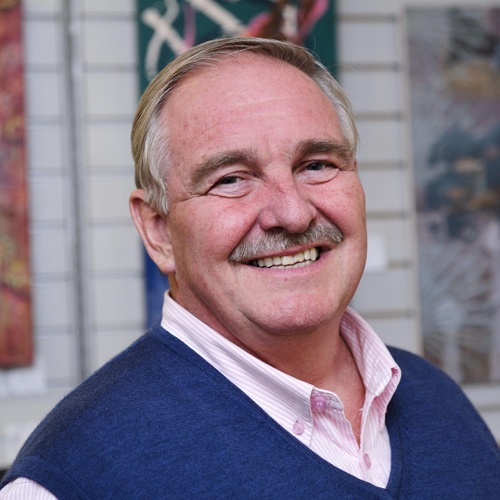
Professor David Nutt (UK)
BA, MB BChir, MRCP, MA, DM, MRC Psych, FRCPsych, FMedSci, FRCP, FSB
Professor David Nutt is a renowned researcher, policy advisor and author, who is currently Head of Neuropsychopharmacology at Imperial College London.
Under the leadership of Professor Nutt, the Psychedelic Research Group at Imperial College is one of the world’s foremost psychedelic research laboratories, publishing landmark research on psychedelic therapies and neuroimaging studies of the psychedelic state.
Professor Nutt has also held many leadership positions in both UK and European academic, scientific and clinical organisations, including presidencies of: the European Brain Council, the British Neuroscience Association, the British Association of Psychopharmacology, the European College of Neuropsychopharmacology.
He was previously Chair of the UK Advisory Council on the Misuse of Drugs.
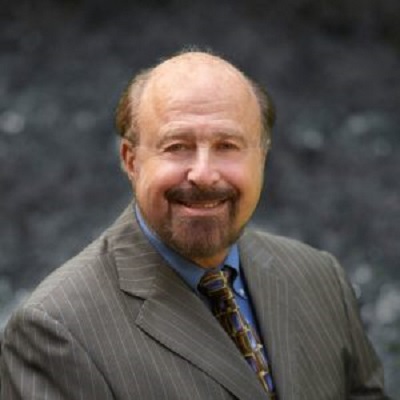
Dr James Fadiman B.A. (Harvard) M.A., Ph.D. (Stanford) began his personal psychedelic research a few weeks before starting his graduate work at Stanford where he did his dissertation on the effectiveness of LSD-assisted therapy. During the research lull of 40 years, he has held a variety of teaching (San Francisco State, Brandeis, and Stanford) consulting, training, counseling and editorial positions. He has taught in psychology departments, design engineering, and for three decades, at the Institute of Transpersonal Psychology (now Sofia University) that he co-founded.
James has published textbooks, professional books, a self-help book, a novel, and a series of videos, Drugs: the children are choosing for National Public Television. His books have been published in 8 languages. He has been the subject of a one-hour documentary released by Page3 Films, featured in a National Geographic documentary and had three solo shows of his nature photography.
James had his own consulting firm and sat on two non-profit boards as well as having been the president of several small natural resource companies. He has been involved in researching psychedelic for spiritual, therapeutic and creative uses and is known for his pioneering work on microdosing . He has published The Psychedelic Explorer’s Guide: Safe, Therapeutic, and Sacred Journeys, and most recently, Your Symphony of Selves: Discover and Understand More of Who You Are. The book he is writing now has the working title All About Microdosing.
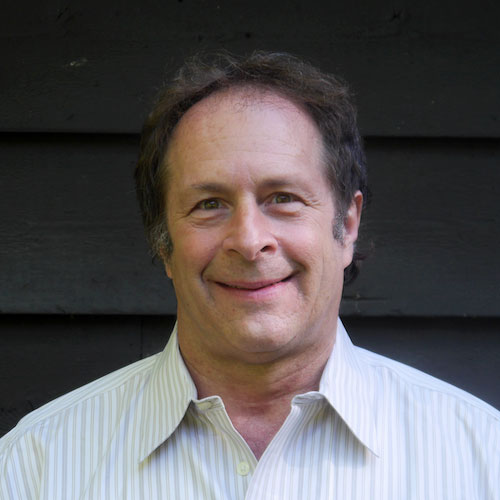
Rick Doblin, Ph.D., is the founder and executive director of the Multidisciplinary Association for Psychedelic Studies (MAPS). He received his doctorate in Public Policy from Harvard’s Kennedy School of Government, where he wrote his dissertation on the regulation of the medical uses of psychedelics and marijuana and his Master’s thesis on a survey of oncologists about smoked marijuana vs. the oral THC pill in nausea control for cancer patients. His undergraduate thesis at New College of Florida was a 25-year follow-up to the classic Good Friday Experiment, which evaluated the potential of psychedelic drugs to catalyze religious experiences. He also conducted a thirty-four year follow-up study to Timothy Leary’s Concord Prison Experiment. Rick studied with Dr Stanislav Grof and was among the first to be certified as a Holotropic Breathwork practitioner. His professional goal is to help develop legal contexts for the beneficial uses of psychedelics and marijuana, primarily as prescription medicines but also for personal growth for otherwise healthy people, and eventually to become a legally licensed psychedelic therapist. He founded MAPS in 1986, and currently resides in Boston with his wife and empty rooms from three children who are all in college or recently graduated.
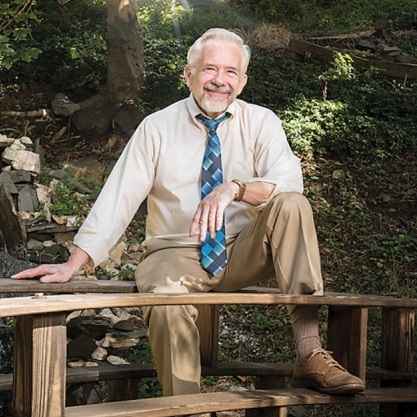
Dr William A. Richards (Bill), author of Sacred Knowledge: Psychedelics and Religious Experiences, is a Senior Advisor at Sunstone Therapies in Rockville, Maryland (USA), currently focused on the implementation of psychedelic-assisted therapy in palliative care.
Bill also is a psychologist at the Johns Hopkins Center for Psychedelic and Consciousness Research in Baltimore, where he and his colleagues have been pursuing research with psilocybin since 1999, and teaches at the California Institute of Integral Studies and for MMA’s Certificate in Psychedelic-Assisted Therapies. Bill’s graduate degrees encompass the psychology of religion, theology, comparative religion and clinical psychology.
Bill’s involvement with psychedelic research originated in Germany at the University of Göttingen in 1963. From 1967 to 1977, he pursued research with LSD, DPT, MDA and psilocybin at the Maryland Psychiatric Research Center.
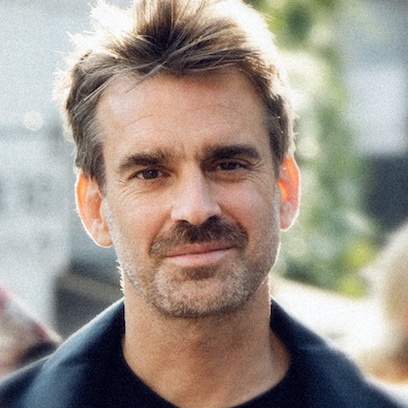
Dr. David Erritzoe is a psychiatrist and neuroscientist. He holds a Clinical Senior Lectureship (i.e. Assistant Professorship) in General Psychiatry in the Centres for Neuropsychopharmacology and Psychedelic Research at Imperial College London and CNWL Mental Health NHS Foundation Trust. Following training in neuroreceptor PET imaging at Columbia University in New York in 2002/03, he undertook a PhD at University Hospital Rigshospitalet in Copenhagen. Since moving to Imperial College in 2009 he has been conductingand overseeing clinical and neuroimaging trials (using PET, MRI, and EEG) into affective disorders and addiction. David is the Clinical Director of Imperial’s Centre for Psychedelic Research. Since early 2021 he has also headed up a new NHS-based research clinic at St Charles Hospital, the CIPPRes Clinic. He is topic lead in Psychiatry at Imperial College London’s Medical School, whilst also lecturing in MSc and BSc neuroscience programs. He has authored more than 110 peer-reviewed scientific papers and 4 book chapters.
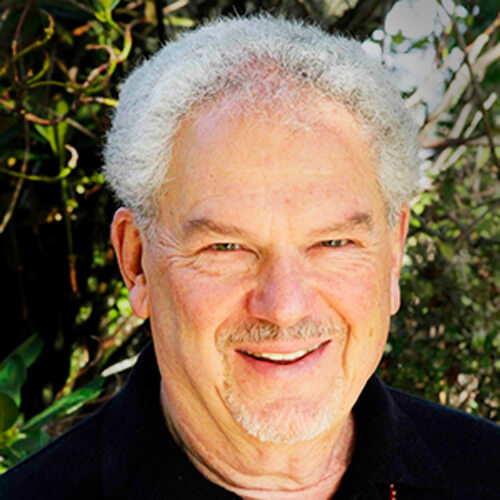
Dr Philip Wolfson MD is Principal Investigator for the MAPS sponsored Phase 2, FDA approved 18-person study of MDMA Assisted Psychotherapy for individuals with significant anxiety due to life threatening illnesses. His clinical practice with ketamine has informed his leadership role in the development of Ketamine Assisted Psychotherapy. Phil’s book The Ketamine Papers has been published by MAPS and is the seminal work in the burgeoning ketamine arena. Phil is a sixties activist, psychiatrist/psychotherapist, writer, practicing Buddhist and psychonaut who has lived in the Bay Area for 38 years. He is the author of Noe – A Father/Son Song of Love, Life, Illness and Death (2011, North Atlantic Books).
In the 1980s, he participated in clinical research with MDMA (Ecstasy). He has been awarded five patents for unique herbal medicines. He is a journalist and author of numerous articles on politics, transformation, psychedelics, consciousness and spirit, and was a founding member of the Heffter Research Institute. Phil has taught in the graduate psychology programs at JFK University, CIIS and the UCSF School of Medicine Department of Psychiatry.
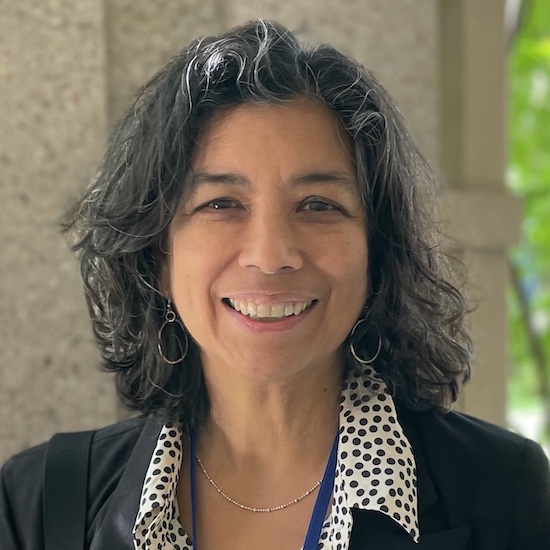
Licia Sky is a co-founder of the Trauma Research Foundation with Dr Bessel van der Kolk.
She is a somatic educator, artist, singer-songwriter, and bodyworker who works with traumatized individuals and trains mental health professionals to explore parts work, mindful meditation, movement, theatre exercises, psychodrama, writing, psychedelic integration, and voice as tools for attunement, healing, and connection. For the past decade, she has been teaching expanded awareness in workshops to clinicians and lay people around the world. She is a regular teacher for the Esalen Institute, Cape Cod Institute, Mind Medicine Australia and the Ketamine Training Centre.
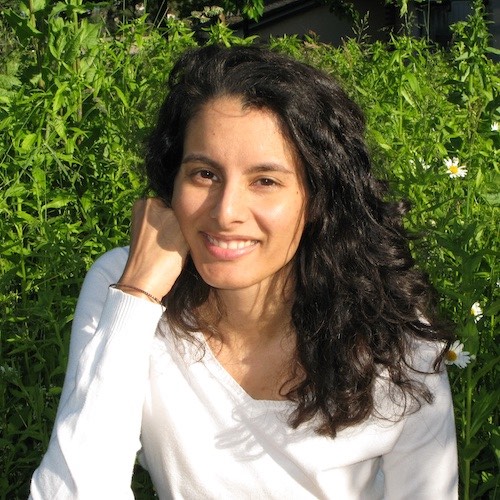
Bianca King M.A. is a qualified and experienced Psychological Counsellor and Meditation Teacher, practicing in Geneva, Switzerland. She is co-founder with psychiatrist Dr. Julia King Olivier of the Compassionate Care Center where they carry out Psychedelic Assisted Therapy (PAT) sessions. Bianca is a qualified MAPS MDMA therapist and graduate of the CIIS CPTR training. She has been prominent in the Geneva community for running mindfulness courses for the public, the UN, and International organizations.
Throughout her life, Bianca connected with the practice of vipassana meditation and travelled to Asia to participate in teachings and retreats. She found she was learning about a dimension of the human experience that complimented her education and training in psychotherapy and psychology. For her Masters in Psychotherapy and Counselling through the University of Wales, Bianca concentrated on existential issues as she found her heart was in the work of hospice and palliative care that she had originally experienced at the Petrea King Quest for Life Foundation.
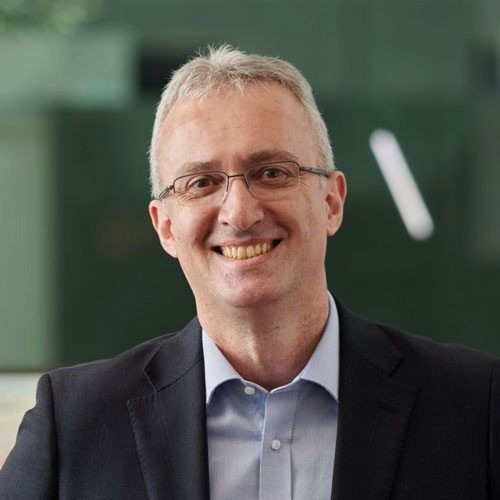
Arthur Christopoulos is Professor of Analytical Pharmacology, Dean of the Faculty of Pharmacy & Pharmaceutical Sciences, and Director of the Neuromedicines Discovery Centre, Monash University, Parkville, Australia. Prior to his appointment as Dean, he was a Senior Principal Research Fellow of the NHMRC. His work focuses on novel paradigms of drug action at G protein-coupled receptors, the largest drug-target class for current medicines, and has been applied to fundamental and translational studies encompassing neurological and psychiatric disorders, cardiovascular disease, obesity, diabetes and chronic pain.
Professor Christopoulos has over 340 publications, including in leading journals such as Nature, Science and Cell. He has also been the recipient of multiple major national and international awards. Since 2014-present, Clarivate Analytics have named him a Highly Cited Researcher in Pharmacology and Toxicology, and in 2021 also named him a Highly Cited Researcher in Biology & Biochemistry. In 2017, he was elected a Fellow of the Australian Academy of Health and Medical Sciences and in 2021 was elected a Fellow of the Australian Academy of Science.
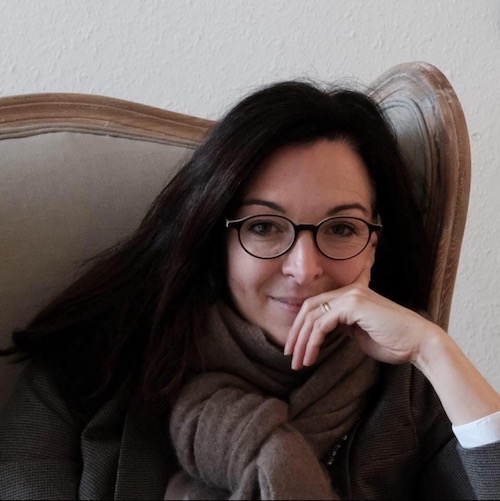
Dr Julia King Olivier (Switzerland)
MD
After obtaining her MD degree in 2000 at the University of Geneva medical school, Julia completed four years of residency training in Internal Medicine at the University Hospital of Geneva, before opting to specialize in Psychiatry. In 2010 and 2015 she earned her Swiss FMH certifications respectively for Adult Psychiatry and Psychotherapy and also for Adolescent/ Child Psychiatry and Psychotherapy. Julia uses an integrative approach drawing from a wide range of psychotherapeutic models in her practice (Freudian psychodynamic theory, Compassion Focused Therapy, EMDR and Mindfulness approaches). She also facilitates two-part ecopsychiatry workshops in natural settings, combining Shinrin Yoku (Japanese forest bathing) with Breathwork.
In 2021 she earned a Certificate in Psychedelic Assisted Therapy and Research from the California Institute of Integral Studies, and co-founded the Compassionate Care Center in Geneva Switzerland with her colleague and co-therapist Bianca King. The center provides innovative and legal psychedelic assisted therapy to Swiss residents who meet the compassionate use criteria of the Swiss Department of Public Health. She completed the five-part certification in MDMA assisted psychotherapy in 2022. Julia’s current plans involve completing the Consultancy Training to become a MAPS PBC trained Consultant and provide support to new MDMA-assisted therapy practitioners. Julia joined the Fluence training team in 2022 and co-wrote and co-facilitates a humanities focused course entitled “Poetry, symbol, story for psychedelic assisted therapy”.
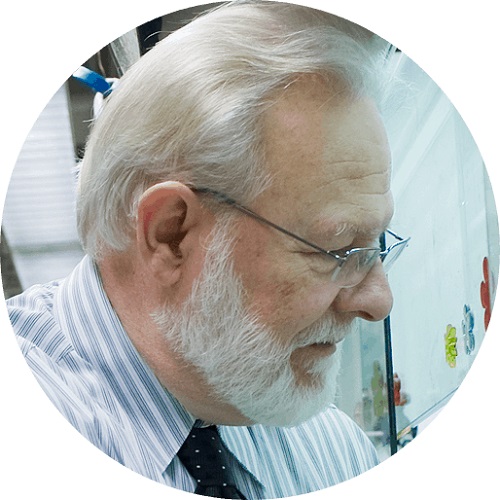
Dr David E. Nichols (USA)
BSc, PH.D
Dr David E. Nichols, PhD is an Adjunct Professor of Chemical Biology and Medicinal Chemistry at the University of North Carolina, Chapel Hill. Previously he held the Robert C. and Charlotte P. Anderson Distinguished Chair in Pharmacology and was a Distinguished Professor of Medicinal Chemistry and Molecular Pharmacology at the Purdue University College of Pharmacy. He received his B.S. degree in chemistry from the University of Cincinnati in 1969, and the PhD in Medicinal Chemistry from the University of Iowa in 1973, following which he did postdoctoral work in pharmacology at the University of Iowa, College of Medicine. In 2004 he was named the Irwin H. Page Lecturer by the International Society for Serotonin Research and in 2006 he received the first Provost’s Outstanding Graduate Mentor award from Purdue University. He has published more than 300 scientific articles, most of which deal with the relationship between molecular structure and biological action.
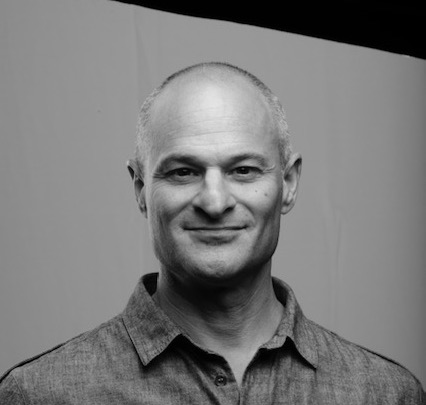
Jeff Leifer is an impact advisor and educator in the Psychedelic Medicine space. He is the founder of Circadian, a cross-sector collaboration and experience lab building engaged, resilient communities and presenting powerful voices in the fields of innovative mental health and the study of consciousness.
Jeff co-founded the Psychedelic Research, Education and Policy (PREP) funding program at the Threshold Foundation and currently serves on the board of directors for the Ketamine Research Foundation, focused on psychedelic-assisted therapies for depression, PTSD and end of life support. Jeff also serves on the advisory board for Anuma, exploring digital group therapeutics that combine virtual reality (VR) with the science of psychedelics.
Jeff leads the Psychedelic Listening Project, which documents diverse views on the state of the psychedelic ecosystem to inform best practices for philanthropists. The project will inform stakeholders looking beyond traditional funding approaches, prioritizing models that encourage human flourishing and shared decision-making.
Jeff has also worked extensively with Indigenous communities in the Global South to support the embodiment of plant medicine lineage, traditional ecological knowledge and forest-based, economic resiliency.
Prior to launching Circadian, Jeff thrived in the world of social finance, pioneering capital reforms, collaborative governance and public finance accountability. Jeff has an MBA from Yale University and BA from the University of California at San Diego.

Sara Reed is a mental health futurist and Licensed Marriage and Family Therapist. She has spent her early career examining ways culture informs how we diagnose and treat mental illnesses. Sara has participated as a study therapist and participant in psychedelic therapy research and is currently the lead study therapist at Imperial College London for their psilocybin for OCD trial. She lectures on topics fusing culturally sensitive practices within psychedelic-assisted therapy and advises organizations on anti-oppressive and inclusive practices.
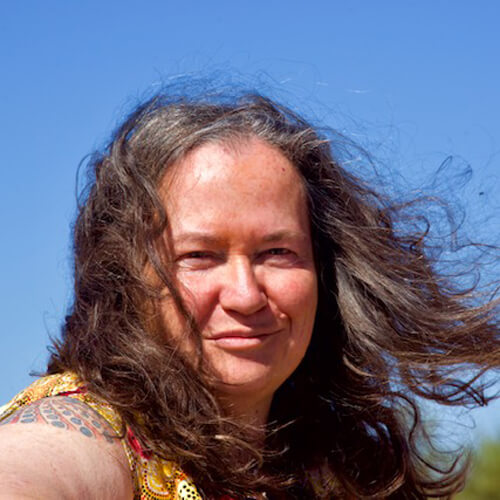
Dr. Trees, a Goori (Dhanggati) woman and GP, is a dedicated healthcare professional, often serving as the sole doctor in remote areas of Western Australia and the Northern Territory, particularly within Aboriginal communities and islands. With over thirty years of experience, she teaches locally and internationally, specialising in Indigenous health and cultures, emphasizing the importance of Indigenous knowledge for humanity’s future. Dr. Trees initially trained in Traditional Chinese Medicine as an acupuncturist before pursuing science.
An advocate for LGBTQ+ rights at the United Nations, she played a role in founding organisations like the Australian Indigenous Doctors Association (AIDA). As the first Indigenous Honours graduate from the University of Sydney School of Medicine, Dr. Trees continues to champion Indigenous values within educational systems. Beyond her medical career, she excels as an award-winning novelist in Magical Realism and Speculative Fiction.
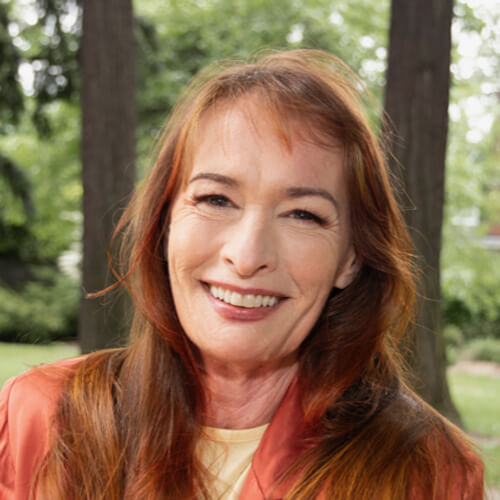
Namae Ntumae (USA)
Namae has been exploring altered states of consciousness and working with plants, herbs, fungi, shamanic breathwork and experiential spiritually transformative modalities for over 30 years. Namae’s approach to awakening is rooted in safety, presence, spontaneity, adaptation, and love. Her innovative and feminine approach combines ancient spiritual practices, indigenous and mystical lineages with therapeutic counseling, tantric embodiment, artistic expressions, scientific knowledge, neurobiology, biomimicry, and ecology. She has created tools of deep transformation, shamanic ceremonies, and rituals that help people connect, love, and attain awareness in altered states, supporting their integration and to adapt to subtle and dynamic changes in their lives, to become more whole, and to re-embed themselves in the spiritual potency of Nature.
Namae is also a designer and teacher of a 3-year facilitator training curriculum, Guide of the Heart, as well as training modules to teach facilitators how to guide from love, and connect people to the intelligence of Life. She also manages all aspects of the non-profit, the employees and volunteers, retreats and events, the development of the organization’s website and membership program and CWays Home’s 20-acre property in Oregon.
Before CWays Home, Namae was a self-employed Guide of Conscious Ways LLC, with a private practice serving thousands of individuals and groups. She led spiritual adventure tours to Peru, Bolivia, Australia, and other locations in the States, working with indigenous healers, mystics, shamanic practitioners, spiritual guides, and teachers.
Namae graduated from the University of Technology in Sydney, Australia, with a Bachelors of Applied Science in 1980, majoring in Environmental Biology. She created a women’s landscape design company, owned and managed Sunheart Sanctuary, a holistic shamanic breath work center in the Blue Mountains outside Sydney and conducted organizational reviews as a management consultant with the Victorian and Tasmanian State Governments. In 1998, Namae heeded the call to go “walk-about”, traveling first to Hawaii and then around the world to experience and discover what it means to become a citizen of this planet, settling in the States in 2004. She has danced and taught the feminine path of tantra, lived the life of a pantheanic hermit for several years in the forests of Maui, explored the nature of consciousness and played with many artistic expressions.
Namae is deeply devoted to the awakening of Love through direct relationship with the intelligence of Life.
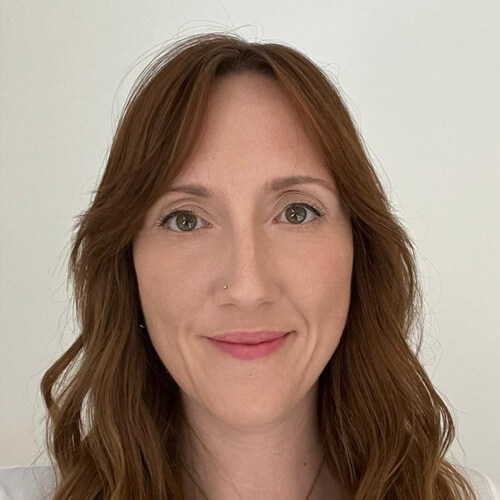
Dr Ashleigh Murphy-Beiner (UK)
Ashleigh is a Clinical Psychologist, working with The Tavistock Trauma Service in the UK National Health Service and the Centre for Psychedelic Research at Imperial College London. As a clinician, Ashleigh specialises in the treatment of complex trauma and has worked as a therapist on Imperial’s clinical trials of psychedelic-assisted therapy. In her clinical research, Ashleigh carries out qualitative and psychotherapy process research to better understand clients and practitioners’ experiences of using psychedelic-assisted therapy to treat complex PTSD, depression and anorexia. Ashleigh has co-designed the ARC ethics framework with Dr. Meg Spriggs and colleagues to support the development of safe and ethical practice guidelines in psychedelic-assisted therapies. Ashleigh has also led a psychedelic integration group to help people access therapeutic and community-based peer support after having beneficial or challenging psychedelic experiences. Ashleigh is trained to work flexibly with psychodynamic, systemic, cognitive-behavioural and mindfulness-based therapies.
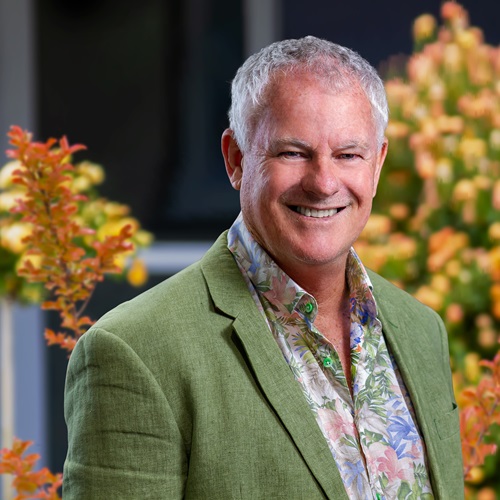
Dr Stephen Proud (AUS)
MBBS FRANZCP FAChAM Grad Dip Env Sc
Stephen Proud is a psychiatrist in private practice in regional WA with 45 years’ experience in medicine and 25 years as a psychiatrist. He has 3 sons. He has worked as a GP in rural WA, Perth and rural Zululand South Africa. He has taught GPs and psychiatric registrars for many years in Perth. He has built and run two psychiatric hospitals, one in Perth and the other an innovative rural retreat where patients lived for a month to undergo extensive psychotherapy, meditation and community living.
He has a long interest in spirituality and psychotherapy, starting with psychedelics in the 1970s, going onto humanistic psychology in California, Vipassana, The Rajneesh Ashram in India and then experience with traditional healers and Sangomas in rural Zululand. He runs meditation and psychotherapy retreats and is Monash MAPS trained in MDMA assisted therapies. He is currently involved in an MDMA trial for PTSD in Perth.
Stephen extols cooperation and is open to all groups promoting safe and sensible Psychedelic-Assisted Therapies.
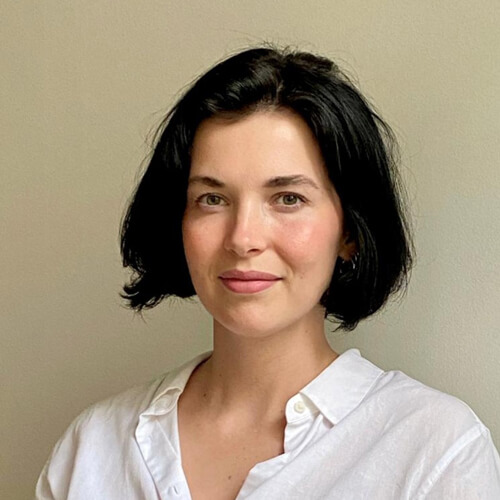
Jimena Doval Clarke (AUS)
MCouns&PsychTh.
Jimena is a psychotherapist, group therapist and psychedelic-assisted therapist.
Following the completion of her masters in counselling and psychotherapy she worked in community mental health and facilitated therapeutic groups in women’s prisons with a focus on use and experience of violence. She currently works both in her private practice and in a psychiatric hospital specialising in the treatment of trauma and addiction. She has practiced as a group therapist and group facilitator for the last 4 years and is trained in the interpersonal approach to group psychotherapy. Jimena is currently part of a co-therapy dyad providing MDMA-assisted psychotherapy to patients with treatment-resistant PTSD. Jimena’s therapeutic orientation is fundamentally grounded in a humanistic approach with a focus on Rogerian Person-Centred Therapy and Existential Psychotherapy.

Francoise Bourzat holds an MA in Somatic Psychology from New College of California (San Francisco, 1990). She was an adjunct faculty in the East West Psychology Program at the California Institute of Integral Studies from 2012 to 2016. Since 1987, Francoise has apprenticed with shamans and healers in the U.S. and Mexico. In the last 25 years, she has traveled with groups to Mexico, incorporating her counseling practice experience with her knowledge of expanded states of consciousness where she partners with Mazatec healers in Sacred Mushrooms ceremonies. She also leads workshops and contributes to conferences internationally. Her book, Consciousness Medicine is available everywhere books are sold.
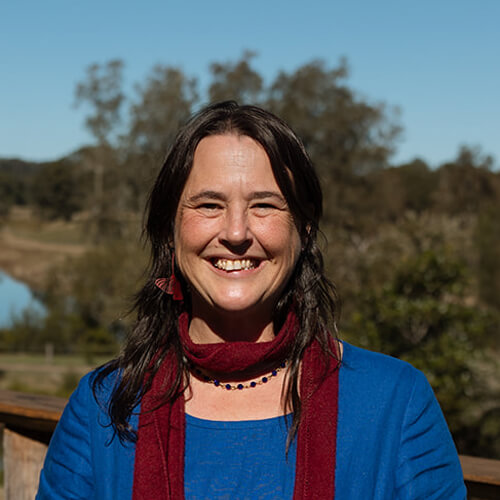
Trudi Hayes (AUS)
Trudi is one of CPAT’s Residential Facilitators.
She lives on a Bee Sanctuary nestled in Gumbaynggirr Country on the Mid-North Coast of NSW. Here she has a private practice as a Mental Health Social Worker working somatically, with nature, in trauma-focused care and the integration of experiences. Trudi has worked for over 25 years with expanded states of consciousness through birthwork and earth connection practices.
Trudi is active in the Deep Ecology and Wayapa Wuurrk networks as a practitioner, facilitator and trainer and runs 1:1 sessions, group work, workshops and retreats. Her work is anchored in experiencing pieces that remind us of how we need to nurture ourselves, each other and Country, which has the potential to ignite deep earth, mind, body and spirit connections to what is missing.
She is called to this position within her work to support others to discover and rediscover this connection in times that are changing – and that there are many ways we can work with and hold space for expanded states of consciousness to find meaning.
Trudi was a CPAT student in 2023 and joined the CPAT team in 2024. She is on a joyous quest of exploring the felt sense of connection out there in the world!
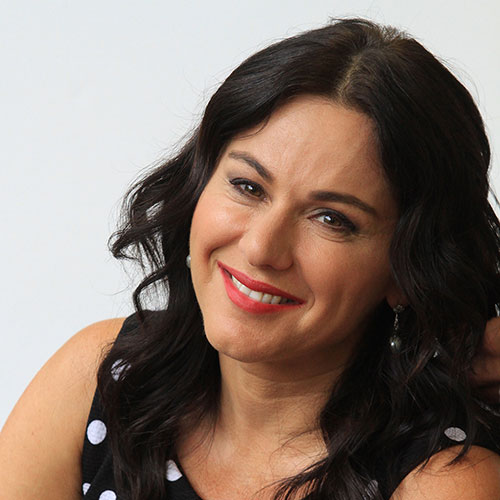
Tania De Jong AM
LL.B (Hons), GradDipMus
Tania de Jong AM is the co-Founder and Executive Director of Mind Medicine Australia. Tania has garnered an international reputation as an award-winning social entrepreneur, acclaimed soprano, inspirational speaker and storyteller, creative alchemist, philanthropist and spiritual journey woman. She is a passionate leader for social change. Her mission is to change the world, one voice at a time!
She regularly presents on creative, innovation, leadership, purpose, psychedelic-assisted therapies, mental health and wellbeing at major conferences and events around the world across the business, government, creative arts and community sectors. Tania is one of Australia’s most successful female entrepreneurs and innovators developing 6 businesses and 4 charities including Creative Universe, Creativity Australia and the With One Voice programs, Umbrella Foundation, Creative Innovation Global, Pot-Pourri and The Song Room.
Tania was named in the 100 Women of Influence, the 100 Australian Most Influential Entrepreneurs and named as one of the 100 most influential people in psychedelics globally. Her TED Talk has sparked global interest.
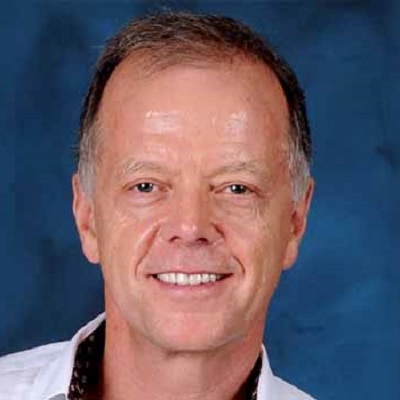
As an investment banker Peter Hunt AM advised local and multi-national companies and governments in Australia for nearly 35 years. He co-founded one of Australia’s leading investment banking advisory firms, Caliburn Partnership and was Executive Chairman of Greenhill Australia. Peter was a member of the Advisory Panel of ASIC and chaired the Vincent Fairfax Family Office.
Peter is an active philanthropist involved in funding, developing and scaling social sector organisations which seek to create a better and fairer world. He is Chairman of Mind Medicine Australia which he established with his wife, Tania de Jong, in 2018. He regularly presents to Governments, regulators, clinicians, philanthropists and the general public on psychedelic-assisted therapies and the legal and ethical frameworks needed to ensure these treatments can be made accessible and affordable.
* Please note that faculty is subject to change based on course curriculum, availability and to ensure that overall learning experience is enhanced for the student cohort.
